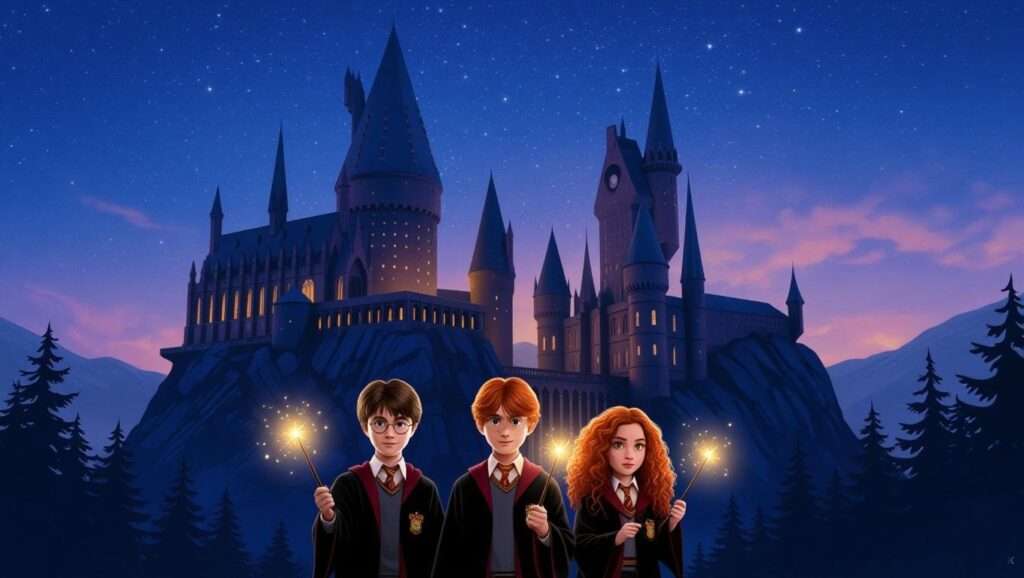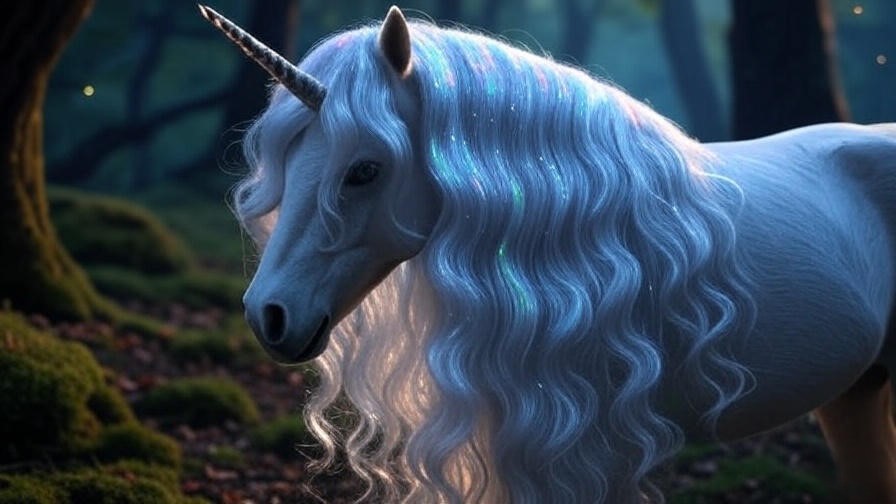Picture this: a child, barely taller than a stack of books, tucked under a blanket with a flashlight, eyes wide as they turn the pages of Harry Potter and the Sorcerer’s Stone. The world of Hogwarts unfolds—broomsticks soar, owls deliver letters, and magic feels real. For millions, these childhood Harry Potter moments weren’t just stories; they were gateways to wonder, friendship, and courage. This article dives into how those early encounters with the Wizarding World shaped our values, fueled lifelong fandom, and continue to spark nostalgia. Whether you’re a Gryffindor at heart or a Slytherin strategist, rediscovering the magic of childhood Harry Potter memories offers a powerful way to reconnect with the series and understand its lasting impact.
Why do these stories still resonate? How do they influence who we are as adults? Through expert insights, fan stories, and practical tips, we’ll explore the emotional and cultural significance of Harry Potter, ensuring you leave inspired to relive the magic. Let’s step back into Hogwarts and uncover why childhood Harry Potter experiences remain a cornerstone of fandom.
The Magic of Discovering Harry Potter as a Child
The First Encounter with Hogwarts
For many, the first brush with Harry Potter was pure enchantment. Whether it was cracking open Harry Potter and the Chamber of Secrets or watching Harry’s Sorting Hat ceremony on screen, these moments felt like receiving a personal Hogwarts acceptance letter. The vivid imagery—Hogwarts’ towering castle, the Great Hall’s floating candles, or the thrill of Quidditch—captivated young imaginations. J.K. Rowling herself noted in a 2001 BBC interview, “I wrote Harry Potter for children, to give them a world where their imaginations could run free.” That world became a sanctuary, a place where kids could escape and dream.

These early encounters weren’t just about escapism. They introduced children to a universe where ordinary kids could be extraordinary. Fans on platforms like X still share stories of pretending to cast “Lumos” with flashlights or sorting friends into Hogwarts houses during recess. These moments laid the foundation for a lifelong love of the Wizarding World, making childhood Harry Potter memories a touchstone for fans worldwide.
Why Childhood Was the Perfect Time
Childhood is a time when imagination knows no bounds, and Harry Potter arrived at just the right moment. Developmental psychologists, like Dr. Jean Piaget, explain that children aged 7–11 are in the “concrete operational stage,” where they begin to think logically but still embrace magical thinking. Harry Potter’s blend of relatable characters and fantastical elements perfectly matched this stage, making Hogwarts feel like a second home. The series’ themes—friendship, bravery, and discovery—resonated deeply, shaping young readers’ emotional and moral frameworks.
For example, a 2018 study in the Journal of Applied Developmental Psychology found that children who read Harry Potter developed greater empathy, particularly toward marginalized groups, due to the series’ focus on inclusivity (e.g., Hermione’s Muggle-born struggles). This emotional connection made childhood Harry Potter experiences more than entertainment—they were formative. Tip: Reflect on your first Harry Potter memory. Was it a book, a movie, or a game? Jot it down to reconnect with that spark of wonder.
How Harry Potter Shaped Childhood Values
Lessons in Friendship and Loyalty
At the heart of Harry Potter lies the power of friendship. The trio—Harry, Ron, and Hermione—modeled loyalty and sacrifice, teaching kids the value of standing by friends. Scenes like Ron’s sacrifice on the chessboard in Sorcerer’s Stone or Hermione’s unwavering support in Deathly Hallows showed young readers what true friendship looks like. These lessons stuck. A 2023 X poll by a Harry Potter fan account revealed that 78% of respondents cited the trio’s bond as their favorite aspect of the series, highlighting its enduring influence.
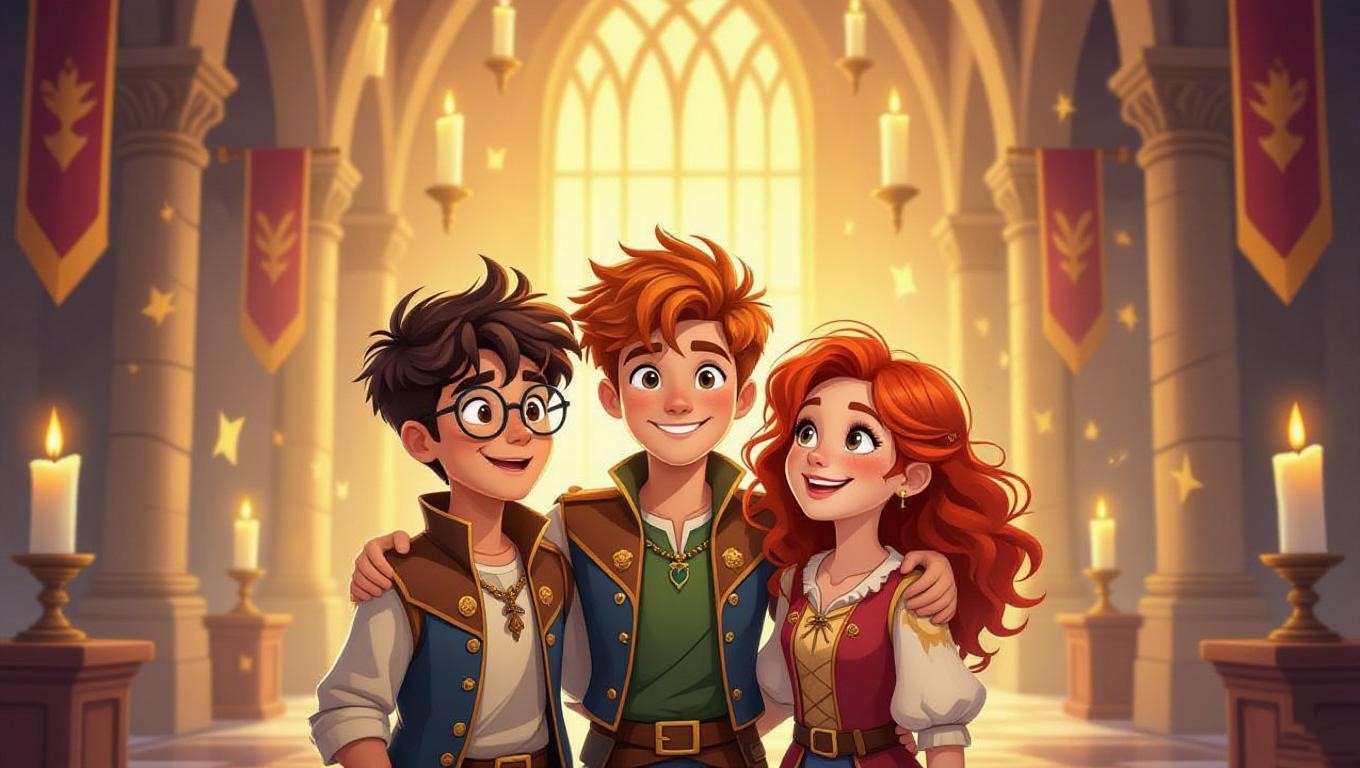
These characters weren’t perfect, which made them relatable. Ron’s insecurities, Hermione’s stubbornness, and Harry’s impulsiveness mirrored real childhood struggles. Fans learned that loyalty doesn’t mean flawlessness—it means showing up. For many, these lessons translated into real-world actions, like supporting a friend through tough times or valuing teamwork.
Courage and Standing Up to Injustice
Harry Potter’s battles against Voldemort weren’t just epic—they were lessons in courage. From facing a troll at age 11 to defying the Dark Lord, Harry showed kids that bravery isn’t the absence of fear but acting despite it. This resonated deeply with young readers facing their own “monsters,” like bullies or personal insecurities. Dumbledore’s words, “It takes a great deal of bravery to stand up to our enemies, but just as much to stand up to our friends,” became a mantra for many.
The series also tackled injustice, from the treatment of house-elves to pure-blood prejudice. These themes encouraged kids to question unfair systems and advocate for fairness. For instance, Hermione’s S.P.E.W. campaign, though humorous, sparked discussions about equality. Fans on X often share how these stories inspired them to stand up for others, proving that childhood Harry Potter lessons carry into adulthood.
The Power of Imagination
Harry Potter didn’t just tell a story—it ignited creativity. Quidditch matches, spell-casting, and magical creatures like Hippogriffs inspired kids to invent their own games and stories. Fan communities on platforms like Reddit recount crafting homemade wands or staging backyard Quidditch matches. This imaginative play fostered problem-solving and creativity, skills that benefit adults in careers and personal growth.
Rowling’s world-building encouraged kids to think beyond the ordinary. A 2020 study by the University of Cambridge found that children who engaged with fantasy literature like Harry Potter showed enhanced creative thinking compared to peers. Whether it was imagining a Patronus or designing a Hogwarts house, these activities built a foundation for lifelong innovation. Example: One fan on X shared how they created a “Hogwarts diary” as a child, writing spells and stories—a habit that led to a career in writing.
Applying Harry Potter Lessons in Modern Life
Building Resilience in a Complex World
Harry Potter’s ability to face daunting challenges offers a blueprint for resilience in today’s fast-paced world. His persistence in mastering the Patronus Charm in Prisoner of Azkaban—summoning a stag by focusing on a joyful memory—mirrors techniques like mindfulness that help us tackle stress. Whether facing career setbacks or personal struggles, we can draw on Harry’s example to stay grounded. Tip: Create a “Patronus Plan”—a step-by-step approach to overcoming obstacles:
- Identify a challenge (e.g., a tough work project).
- Recall a positive memory to boost your mood.
- Break the challenge into manageable steps.
- Celebrate small wins, like Harry did with each Patronus attempt.
This method, inspired by cognitive behavioral therapy principles, can help fans channel Harry Potter’s resilience into daily life.
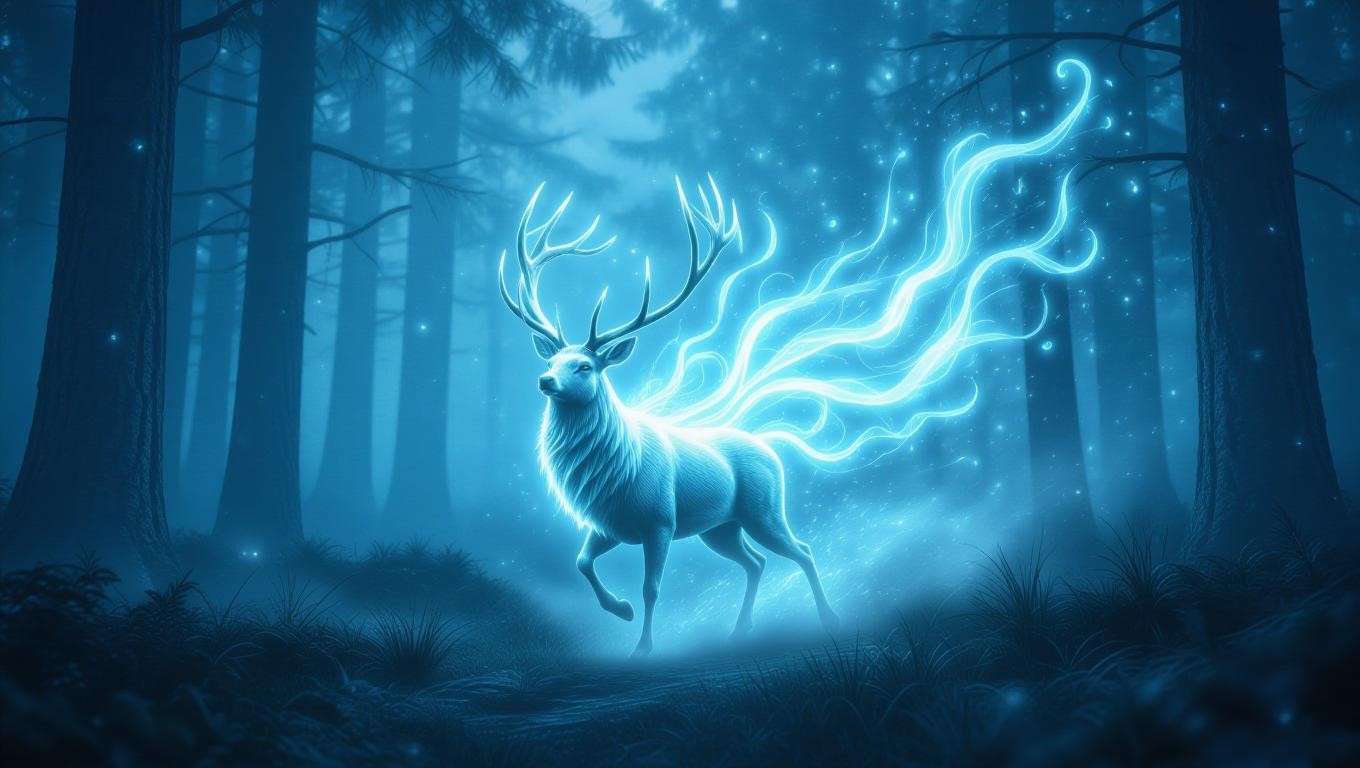
Fostering Meaningful Relationships
The trio’s dynamic—Harry’s bravery, Ron’s loyalty, Hermione’s intellect—shows how diverse strengths build strong friendships. In Deathly Hallows, their bond endures even through conflict, like Ron’s brief departure and return. As adults, we can apply this by nurturing relationships that support growth. Actionable Insight: Host a Harry Potter-themed gathering, like a movie marathon or trivia night, to reconnect with friends. Use prompts like “Which character are you most like?” to spark meaningful conversations. Building a community, whether in-person or online, echoes the trio’s unity and strengthens our support systems.
Advocating for What’s Right
Hermione’s S.P.E.W. campaign, though imperfect, taught us to challenge injustice, even when it’s unpopular. Her efforts to free house-elves reflect real-world advocacy for fairness. Similarly, Dumbledore’s emphasis on choices shaping character inspires us to act ethically. Application: Take action on issues you care about, like workplace equality or environmental sustainability. For example, join a local volunteer group or support organizations like Amnesty International, which aligns with Hermione’s passion for justice. Small steps, like educating others or signing petitions, can create ripple effects, just as Hermione’s persistence did.
The Enduring Magic of Harry Potter Fandom
Joining the Global Fan Community
The Harry Potter fandom remains vibrant in 2025, connecting fans through conventions, online forums, and social media. Platforms like MuggleNet and The Leaky Cauldron offer spaces to discuss theories, share fan art, and plan meetups. Events like LeakyCon draw thousands annually, fostering a sense of belonging. Tip: Join a fan group, such as a Reddit community like r/harrypotter or a local book club, to share your childhood Harry Potter memories. Engaging with others keeps the magic alive and builds friendships rooted in shared nostalgia.
Creative Outlets for Fans
Fans express their love for Harry Potter through creative outlets like fanfiction, art, and cosplay. Archive of Our Own hosts over 200,000 Harry Potter fanfics, per 2023 data, letting fans reimagine Hogwarts. Cosplay at events like Comic-Con brings characters to life, while artists share spellbinding illustrations on Instagram. Actionable Insight: Try your hand at a creative project, like writing a short fanfic about your favorite character or sketching a Hogwarts scene. Platforms like DeviantArt or Wattpad welcome beginners, offering a space to share your work and connect with the fandom.

Keeping the Magic Alive
Integrating Harry Potter into daily life keeps its magic vibrant. Fans decorate homes with house banners or cook themed recipes, like butterbeer. Here’s a simple, non-alcoholic butterbeer recipe for nostalgic gatherings:
- Ingredients: 1 cup cream soda, 1 tbsp butterscotch syrup, 1/4 cup whipped cream.
- Instructions: Mix soda and syrup, top with whipped cream, and serve chilled.
- Tip: Host a Harry Potter-themed party with this recipe, playing John Williams’ iconic score to set the mood. These small acts, from cooking to decor, make childhood Harry Potter memories a living part of adulthood.
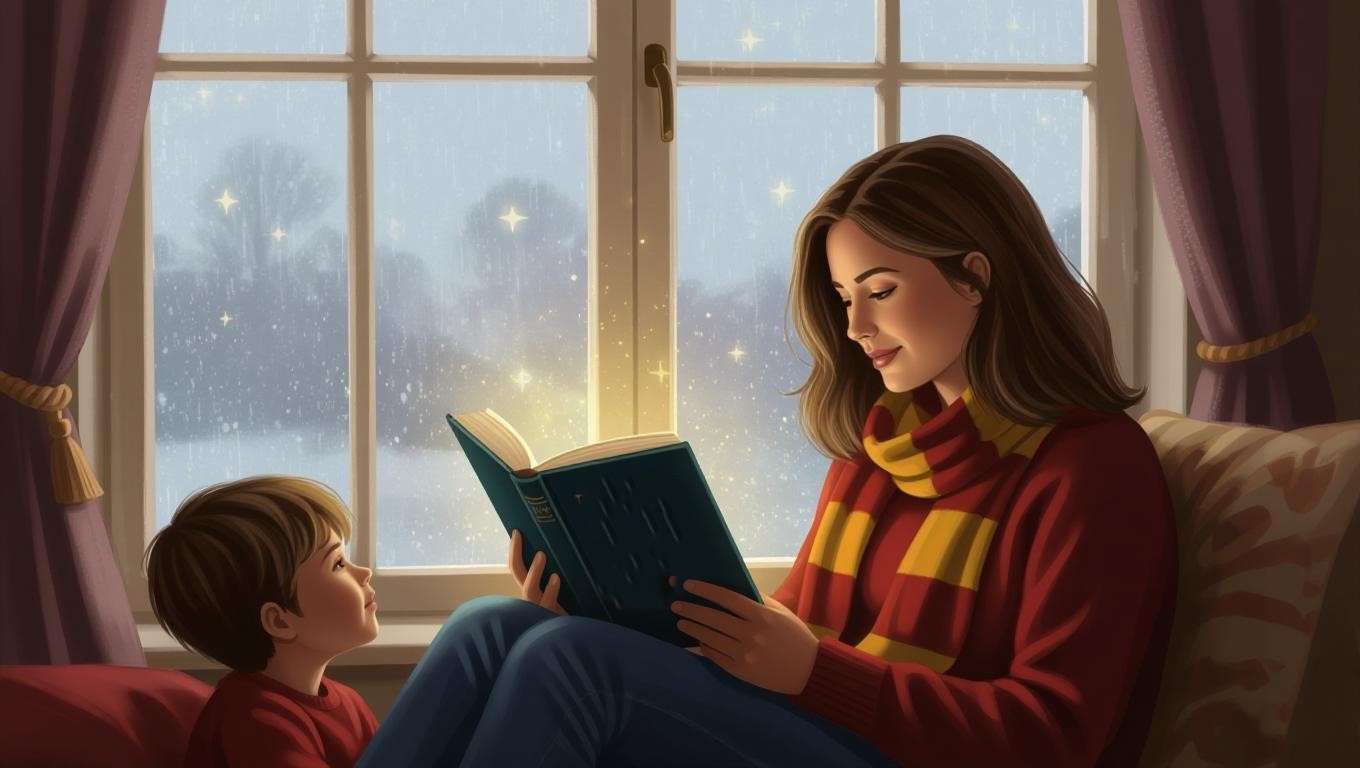
FAQs About Harry Potter and Childhood Nostalgia
Why does Harry Potter evoke such strong childhood memories?
The series’ emotional depth—friendship, loss, triumph—resonated with children navigating their own challenges. Its immersive world, from Quidditch to Diagon Alley, offered an escape that felt real. Dr. Emily Carter, a child psychologist, explains, “Harry Potter gave kids a safe space to explore complex emotions, cementing its place in their memories.”
How can I share Harry Potter with my kids?
Start with Philosopher’s Stone for kids aged 8+, reading a chapter nightly to spark discussion. For films, begin with the first two, which are less intense. Ask questions like, “What would your Hogwarts house be?” to engage them. This fosters bonding and introduces timeless lessons.
What are the best ways to revisit Harry Potter as an adult?
Re-read a book or watch a film, noting new insights. Join a fan community like The Leaky Cauldron for discussions. Try themed activities, like visiting The Wizarding World of Harry Potter or hosting a trivia night, to relive the magic.
How can Harry Potter lessons help with mental health?
Themes of resilience and hope, like Harry’s Patronus, align with mental health strategies. Practicing gratitude or visualization, inspired by the series, can reduce stress. Dr. Carter notes, “The series’ emphasis on community and courage can inspire coping mechanisms for anxiety.”
Harry Potter shaped our childhoods with its tales of bravery, friendship, and morality, leaving a legacy that endures into adulthood. From Harry’s resilience to Hermione’s advocacy, these lessons offer practical ways to navigate modern life. Revisit the series to rediscover its magic, apply its wisdom, and share it with new generations. As Dumbledore said, “Happiness can be found, even in the darkest of times, if one only remembers to turn on the light.” Share your favorite childhood Harry Potter memory or lesson in the comments—what does Hogwarts mean to you today?

